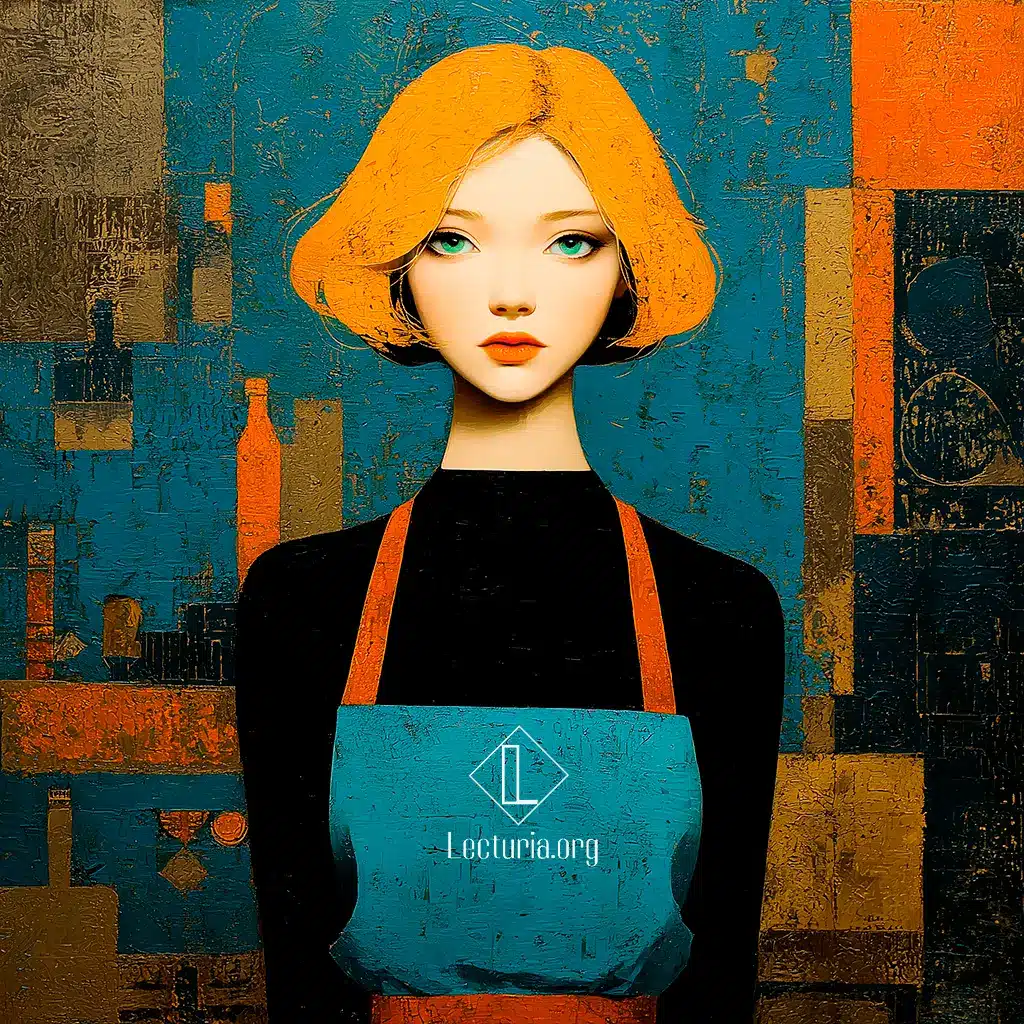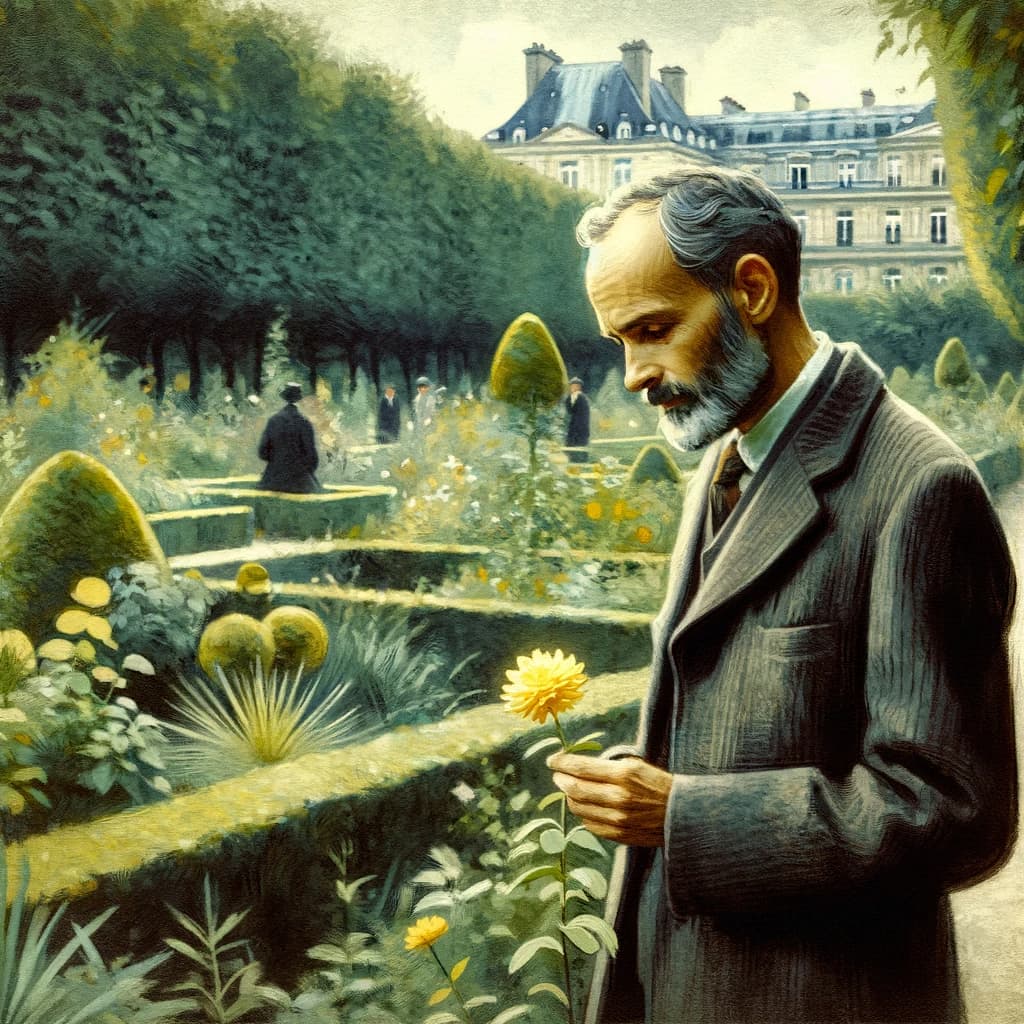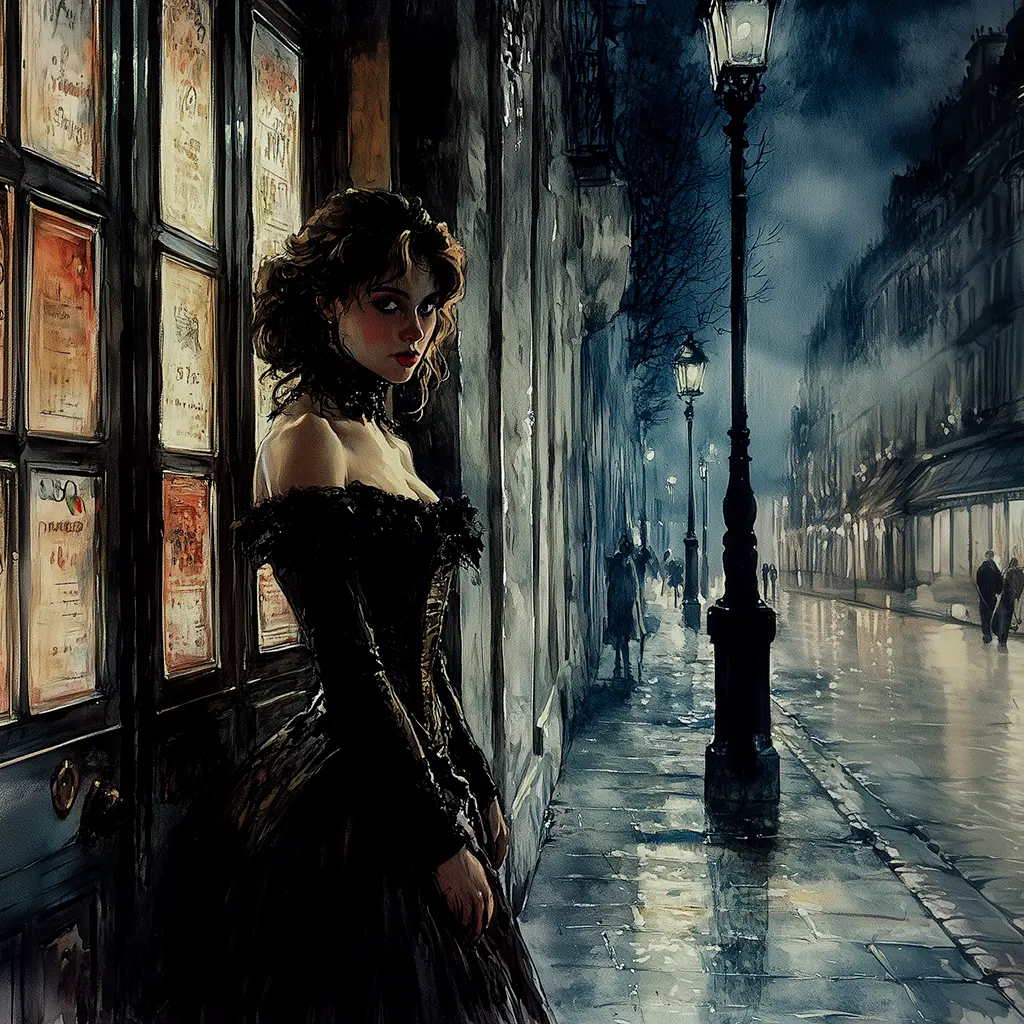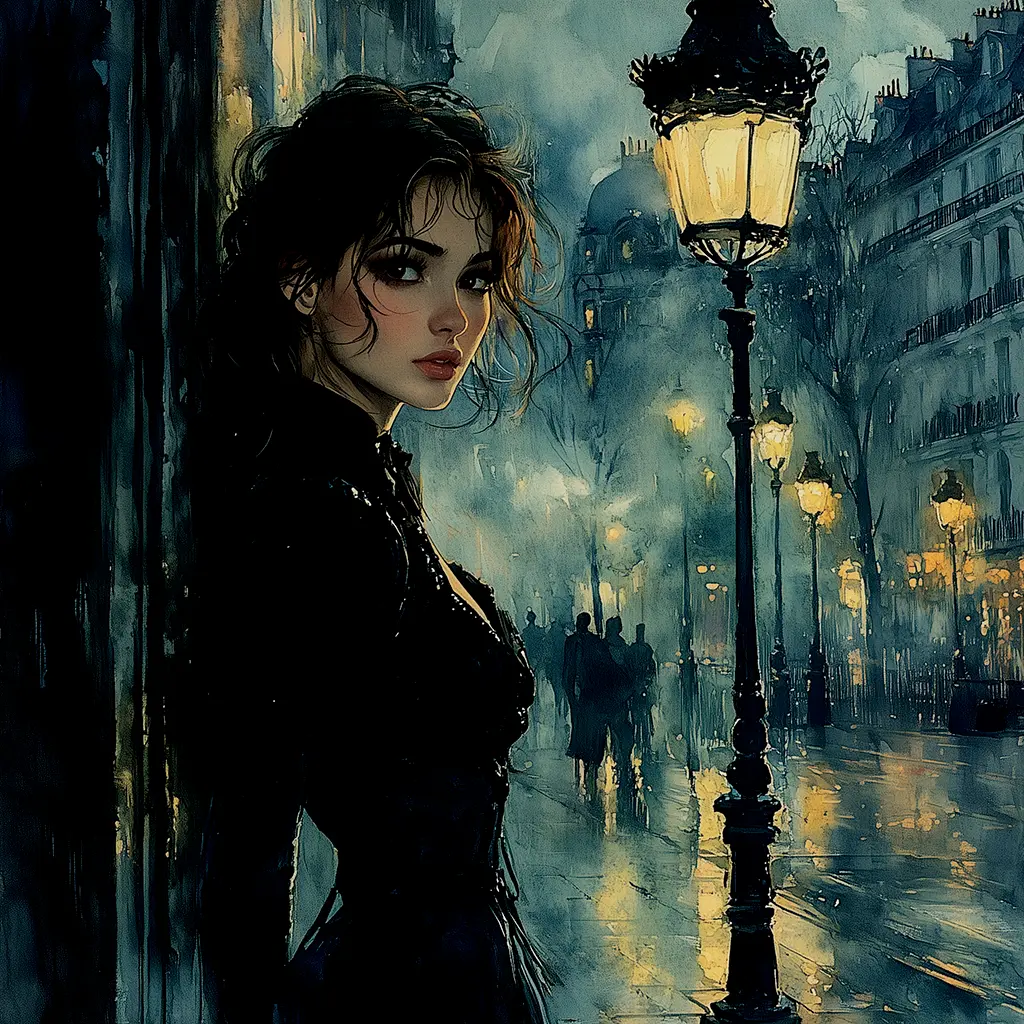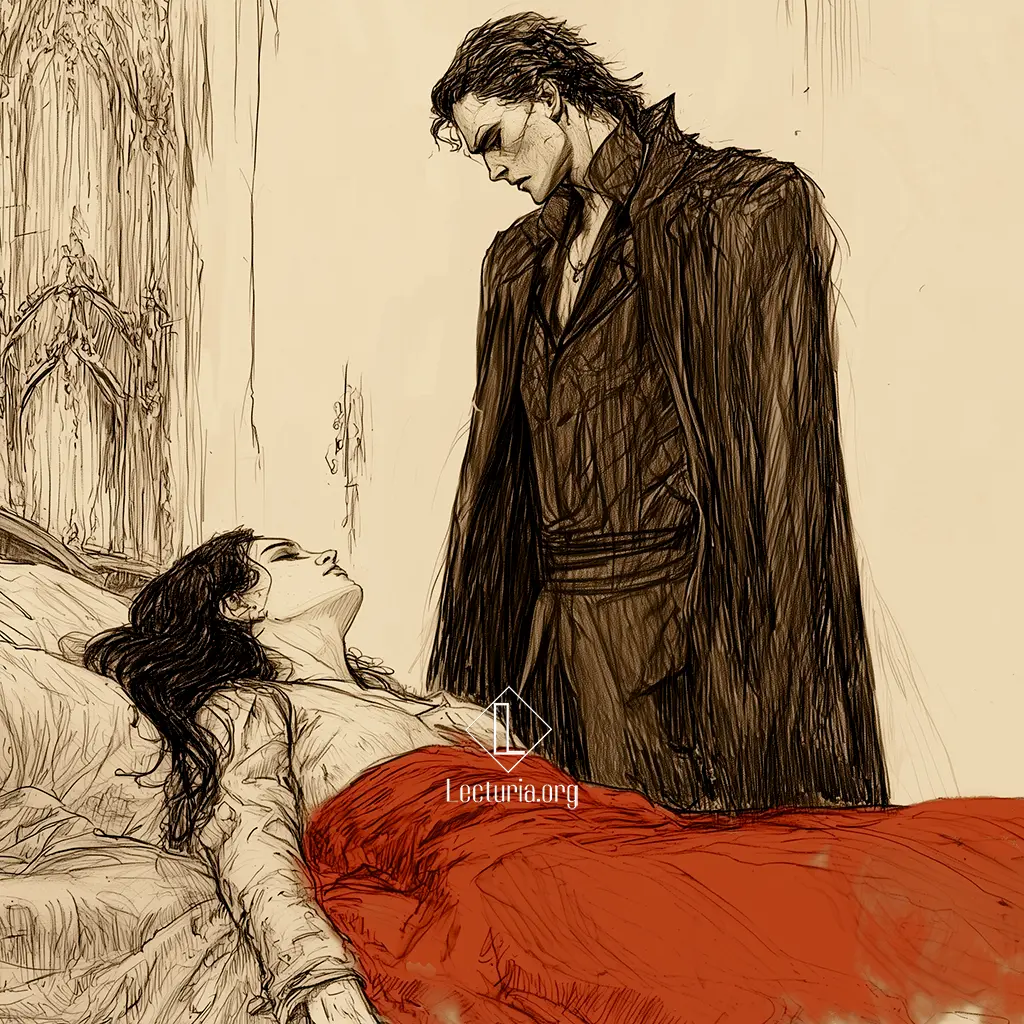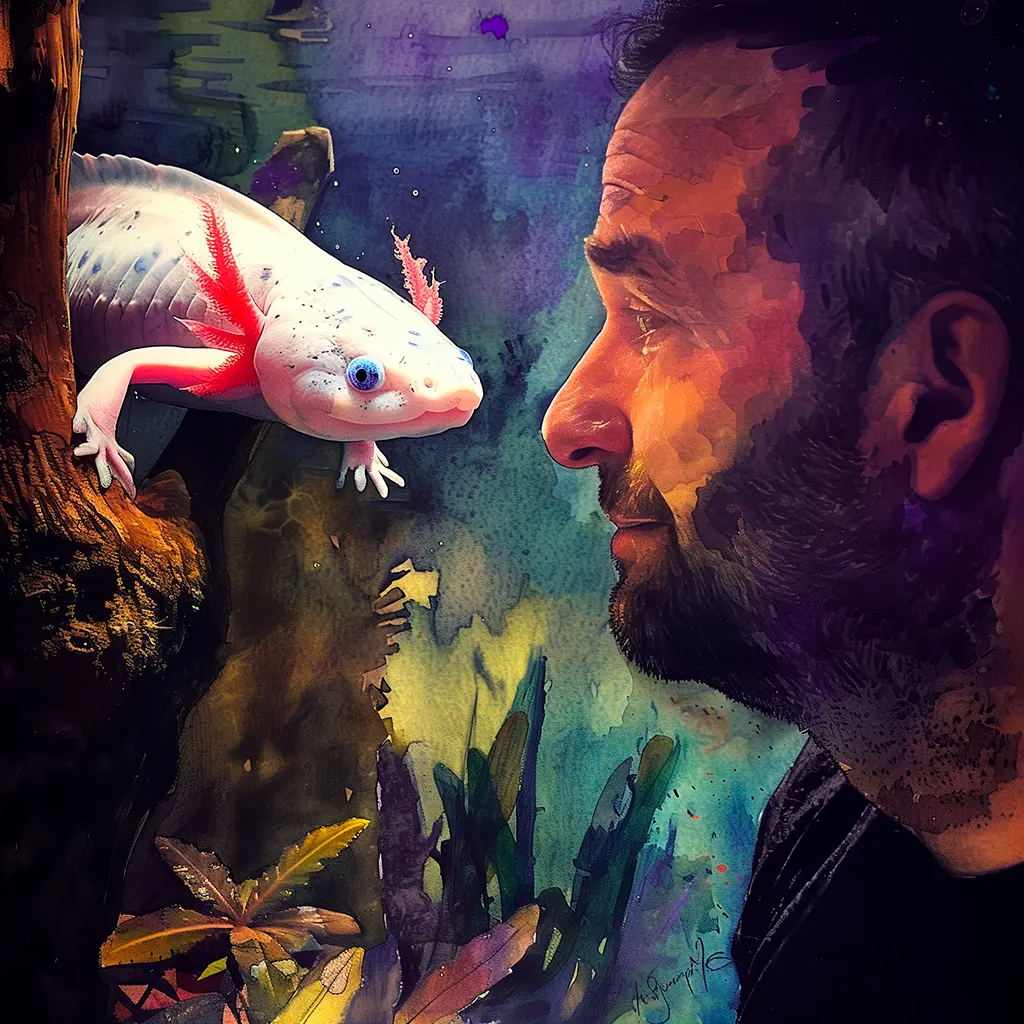Julio Cortázar: Circe
“Circe” is a short story by Julio Cortázar, published in 1951 as part of the Bestiario collection. Dark rumors surround Delia Mañara, a young woman marked by the tragic deaths of her two former boyfriends. Mario, a neighbor in the neighborhood, decides to defend her from the gossip and begins to visit her, gradually entering the secretive world of the Mañaras. There, Delia attracts him with her unique culinary skills and domestic rituals, while the young man tries to unravel the enigma of a woman who seems to exert a disturbing influence on everything around her.
